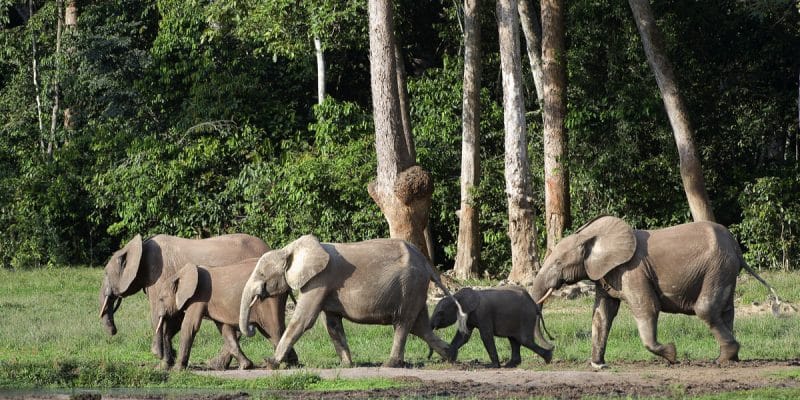The African Development Bank (AfDB), the Green Growth Knowledge Platform and other partners are launching on September 9th, 2021 a new initiative on integrating natural capital into development finance in Africa. The Natural Capital for African Development Finance (NC4-ADF) programme is supported by, among others, the World Wildlife Fund (WWF).
The African Development Bank (AfDB) will make the financing of development infrastructure in Africa conditional on the preservation of natural capital, namely soils, fisheries resources and forests. This is the purpose of the Natural Capital for African Development Finance (NC4-ADF) programme, which is scheduled to be launched on September 9th, 2021. “The inclusion of natural capital in development finance is critical for post-Covid-19 recovery,” says Vanessa Ushie, Director of the Policy Analysis Division at the AfDB’s African Natural Resources Centre.
Running from 2020-2022, the NC4-ADF is supported by the World Wide Fund for Nature (WWF), the German Federal Ministry for Economic Cooperation and Development (BMZ) through its dedicated agency (GIZ), the United Nations Environment Programme (UNEP), the MAVA Foundation, the International Institute for Sustainable Development (IISD) and the Economics for Nature (E4N) partnership.
Natural capital ignored in economic calculations
According to the AfDB, natural capital accounts for between 30% and 50% of the total wealth of African countries, although it is often not taken into account in economic measures such as the calculation of gross domestic product (GDP).
Read also-AFRICA: when CSR comes to the rescue of biodiversity
Africa is endowed with significant natural resources. The continent has a wide range of climatic zones, significant ocean frontages, globally abundant and under-utilised water resources, and rich and under-explored subsoil. At the local level, these natural resources provide a livelihood for the majority of the population, especially the poorest, as is the case in most low-income countries. At the global level, the continent’s renewable natural resources (animal and plant biodiversity) contribute to global issues, particularly in the field of the environment.
Boris Ngounou







